Your cart is currently empty!
Tag: EcosystemBuilding
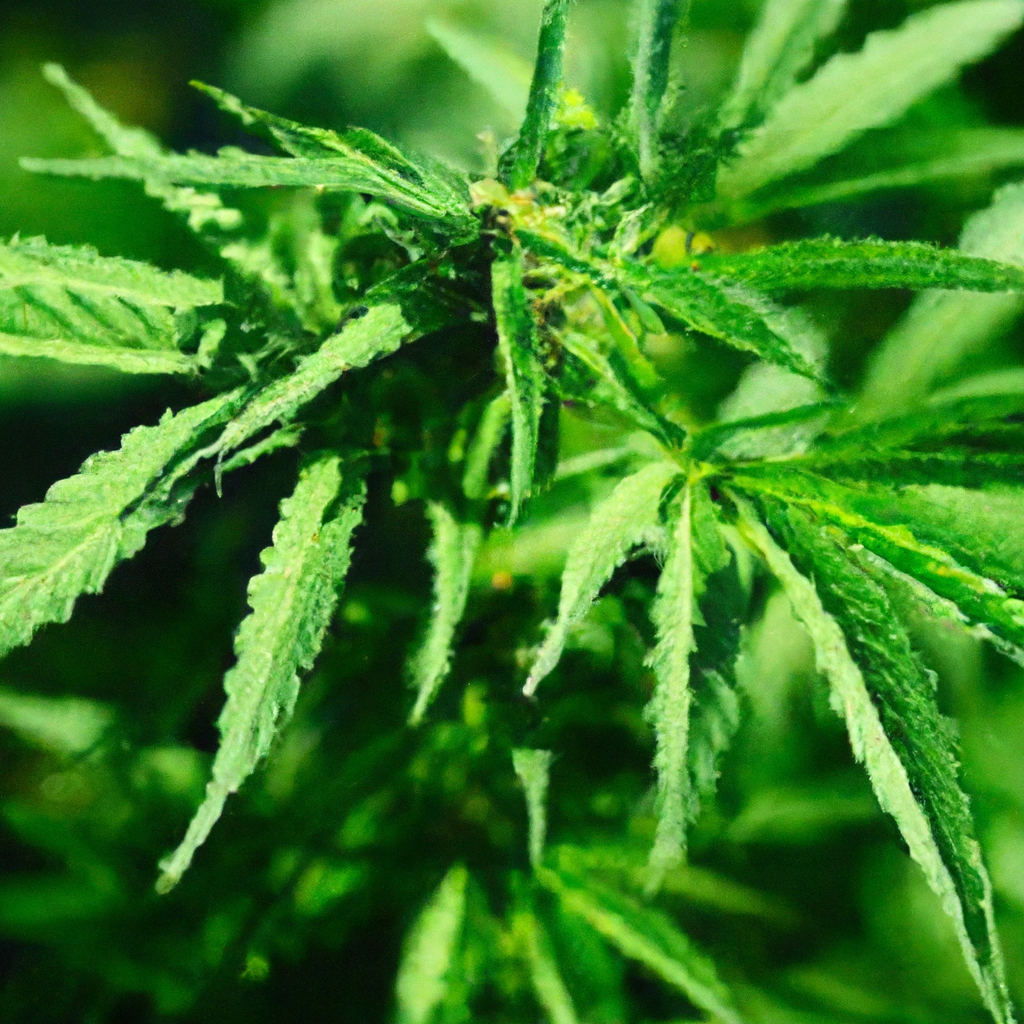
As the cannabis industry expands, so does the need for eco-friendly cultivation. Organic cannabis cultivation benefits ecosystems, growers, and consumers by using sustainable methods like natural fertilizers, composting, and pest management. Healthy soil is crucial, nurtured with compost and fertilizers such as fish emulsion and kelp. Integrated Pest Management (IPM) promotes plant health using beneficial…
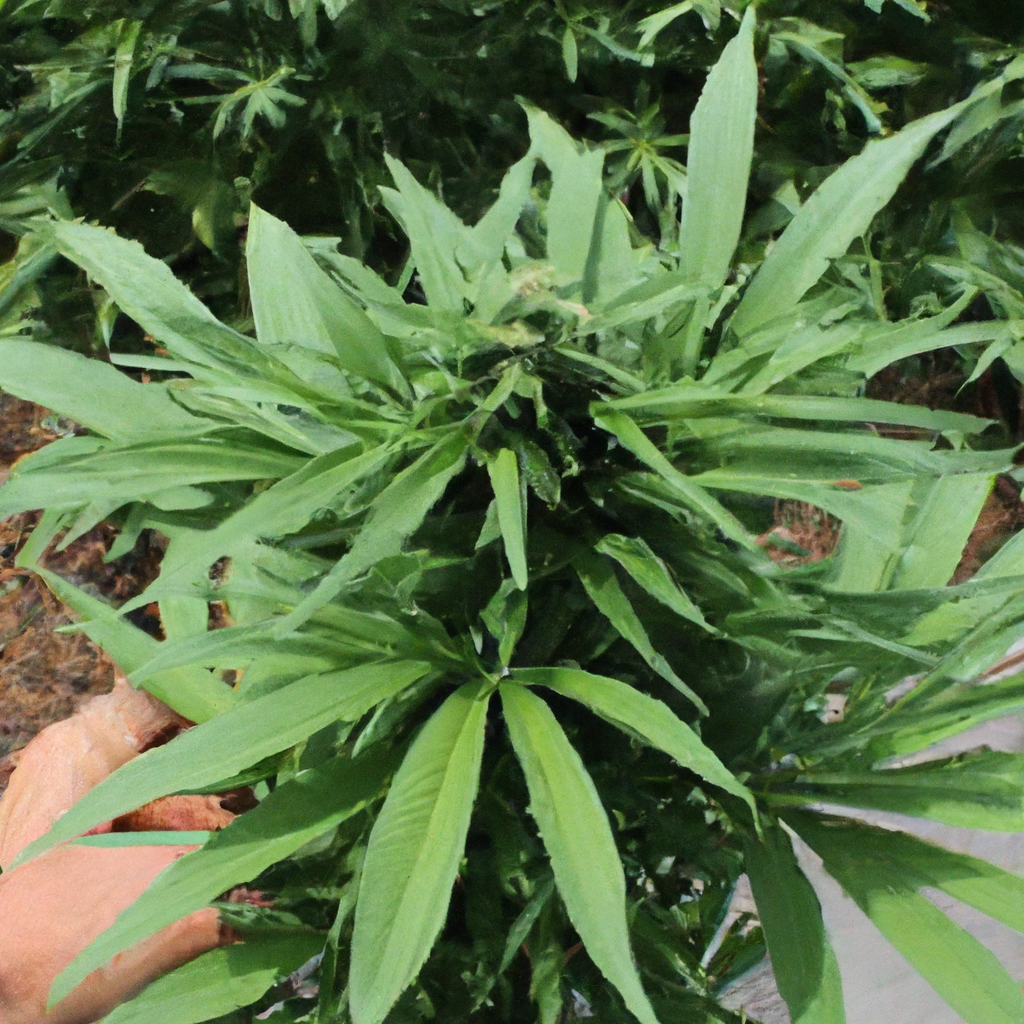
Organic cannabis cultivation emphasizes sustainability, producing high-quality, eco-friendly crops. Key practices include building a healthy soil ecosystem through composting, crop rotation, and cover crops. Natural fertilizers like bat guano and sea kelp are preferred for growth without synthetic chemicals, while organic pest control involves beneficial insects and companion planting. Benefits include reduced environmental impact, enhanced…
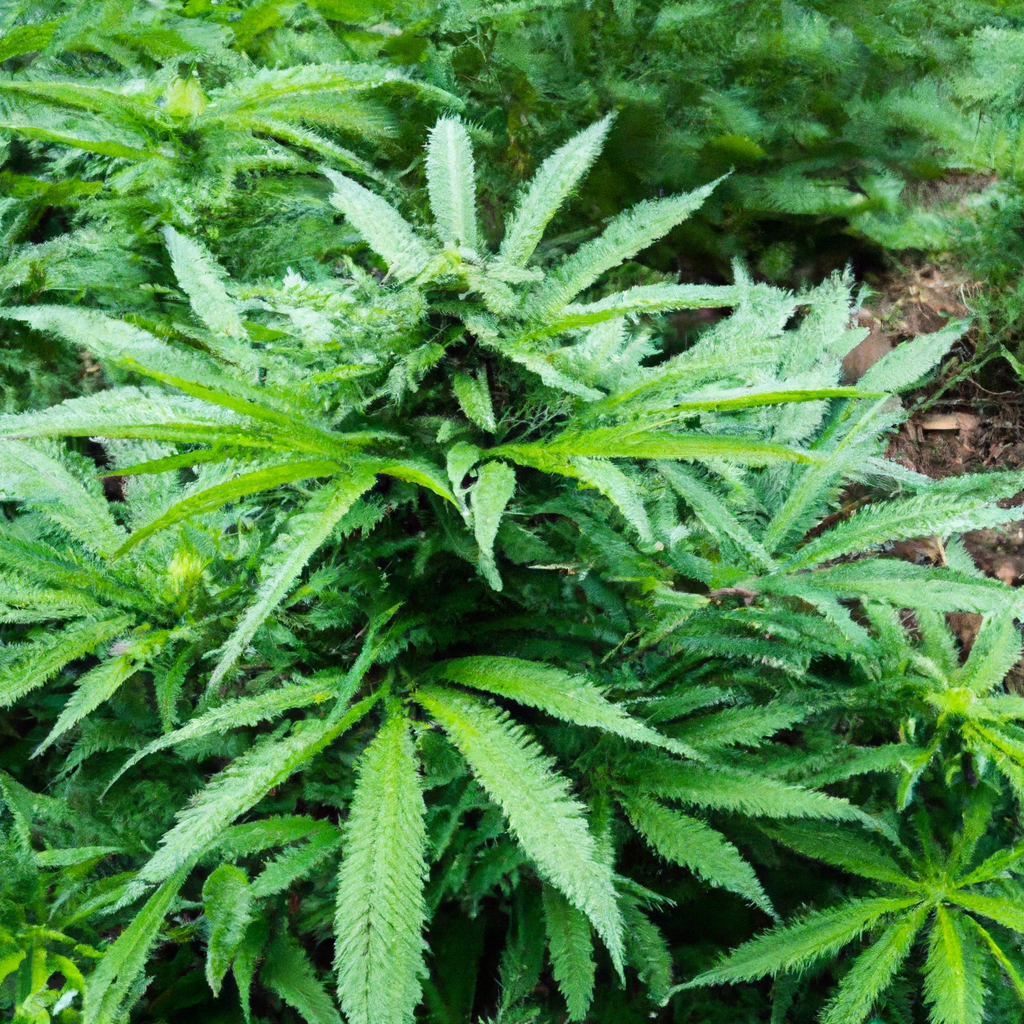
As the demand for organic cannabis grows, cultivators are turning to sustainable practices to nurture plants without synthetic chemicals. The guide highlights methods such as using natural fertilizers like compost, worm castings, and bone meal, and building healthy soil ecosystems through cover crops and crop rotation. Eco-friendly pest management through companion planting and beneficial insects…
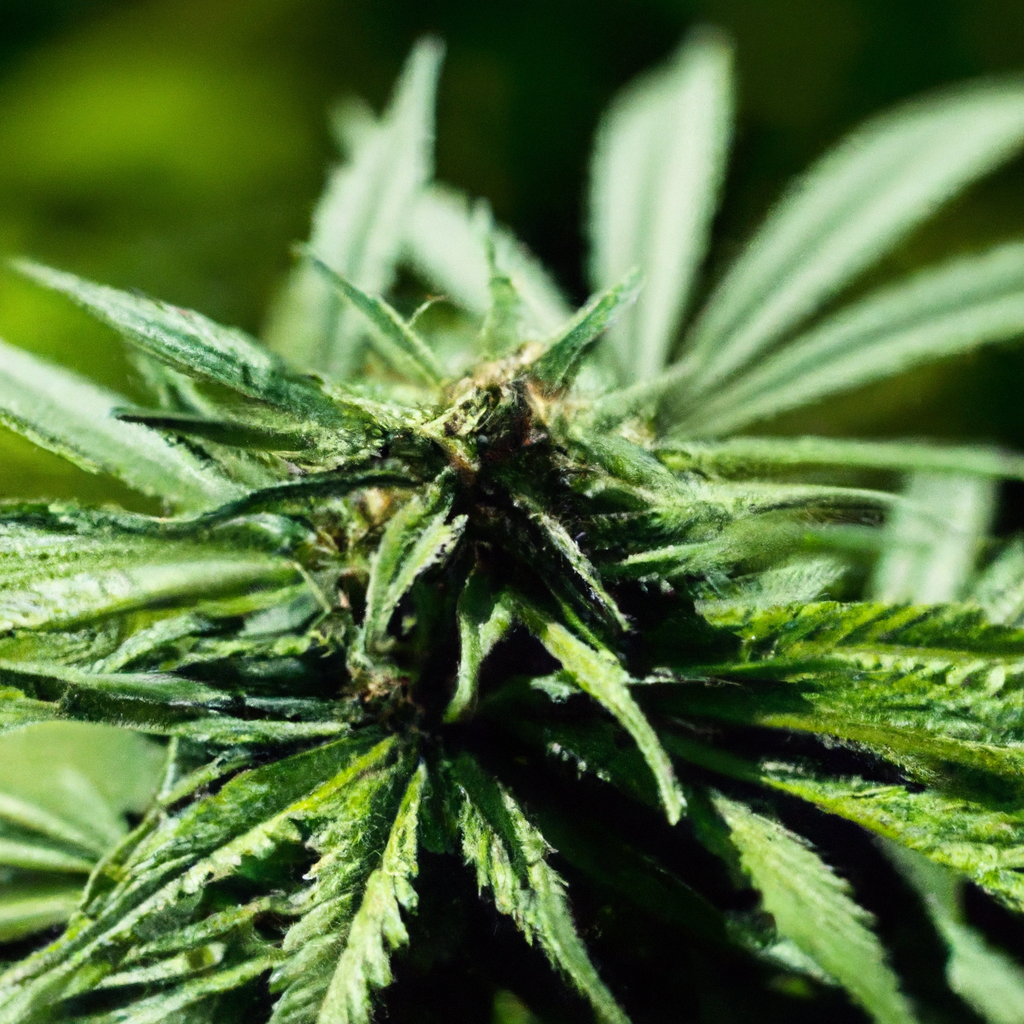
As the cannabis industry expands, understanding its intricate relationship with biodiversity is key for sustainable development. Cannabis cultivation, when managed responsibly, can positively impact biodiversity by providing habitat, attracting pollinators, and improving soil health. However, challenges such as deforestation, pesticide use, and high water demand pose risks. Adopting sustainable practices like integrated pest management, companion…
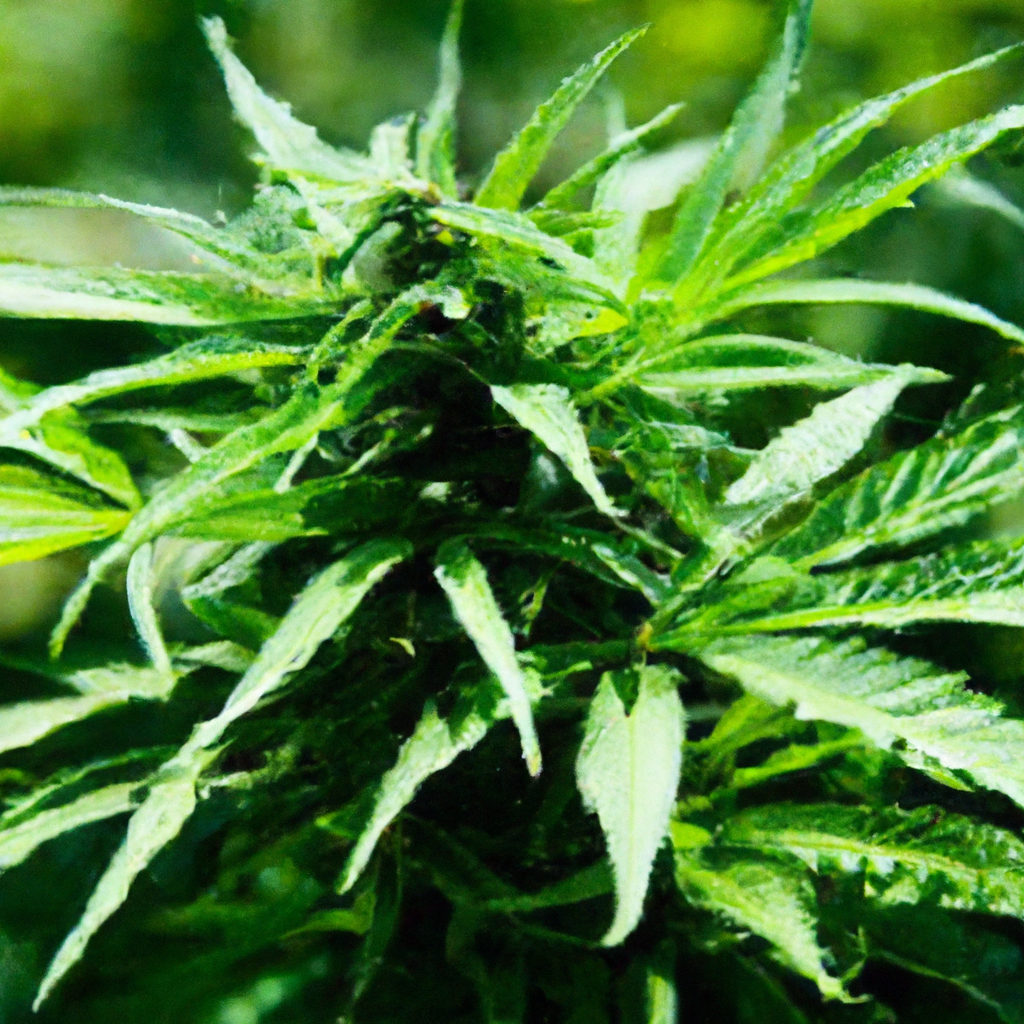
The rise of organic cannabis cultivation is part of a broader shift towards sustainable agriculture, emphasizing eco-friendly practices that enhance yield without harming the environment. This piece delves into the core aspects of organic cannabis farming, focusing on soil health, natural fertilizers, and eco-conscious pest control. By enriching soil with compost, using cover crops, and…
This guide delves into the sustainable world of organic cannabis cultivation, highlighting the benefits for the environment and consumers. It emphasizes building healthy soil ecosystems using compost and beneficial microbes, maintaining pH balance, and opting for natural fertilizers like bone, blood, and kelp meals instead of synthetic options. Organic pest control strategies include using neem…
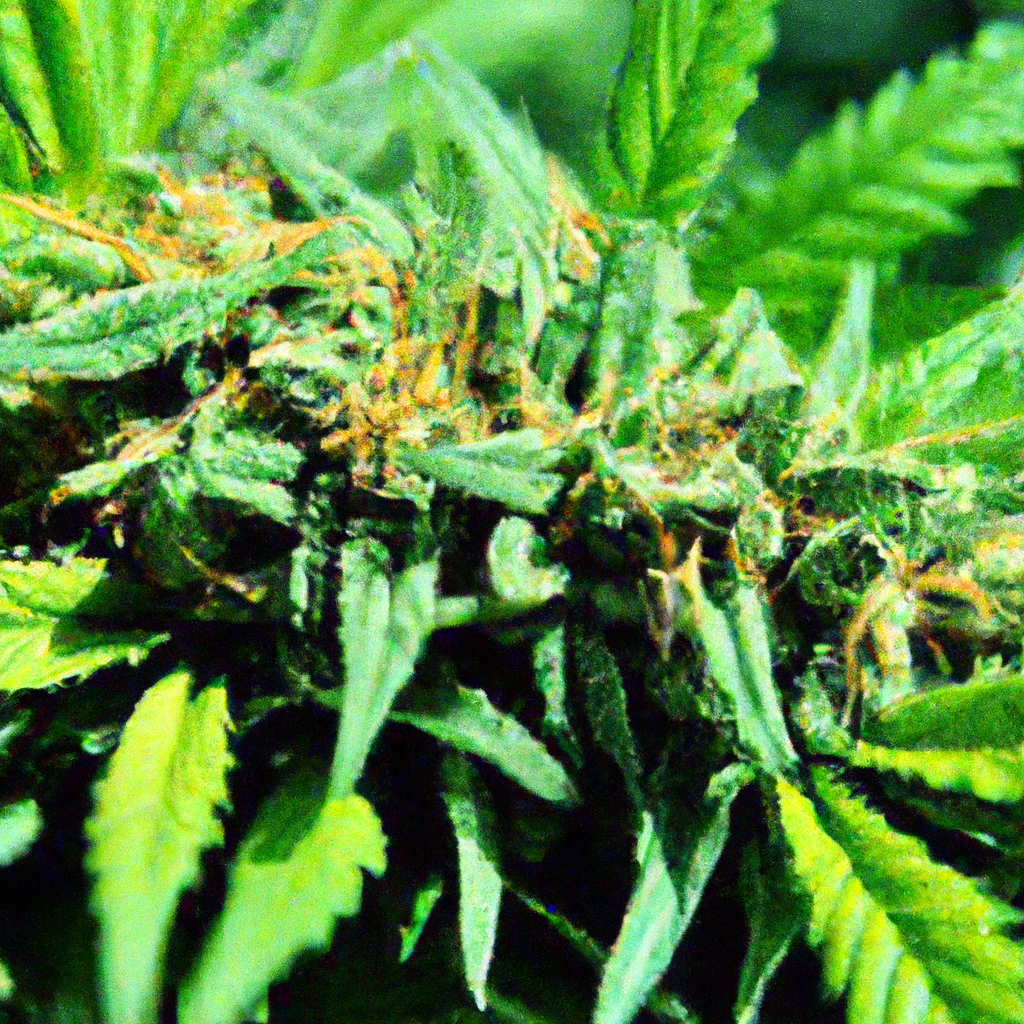
As consumer demand for eco-friendly products rises, organic cannabis cultivation stands out as both sustainable and profitable. This approach emphasizes natural fertilizers, composting, and effective pest control, fostering a thriving ecosystem beneficial to both the environment and consumers. Key practices include enhancing soil health through composting and natural fertilizers, utilizing natural pest control with beneficial…
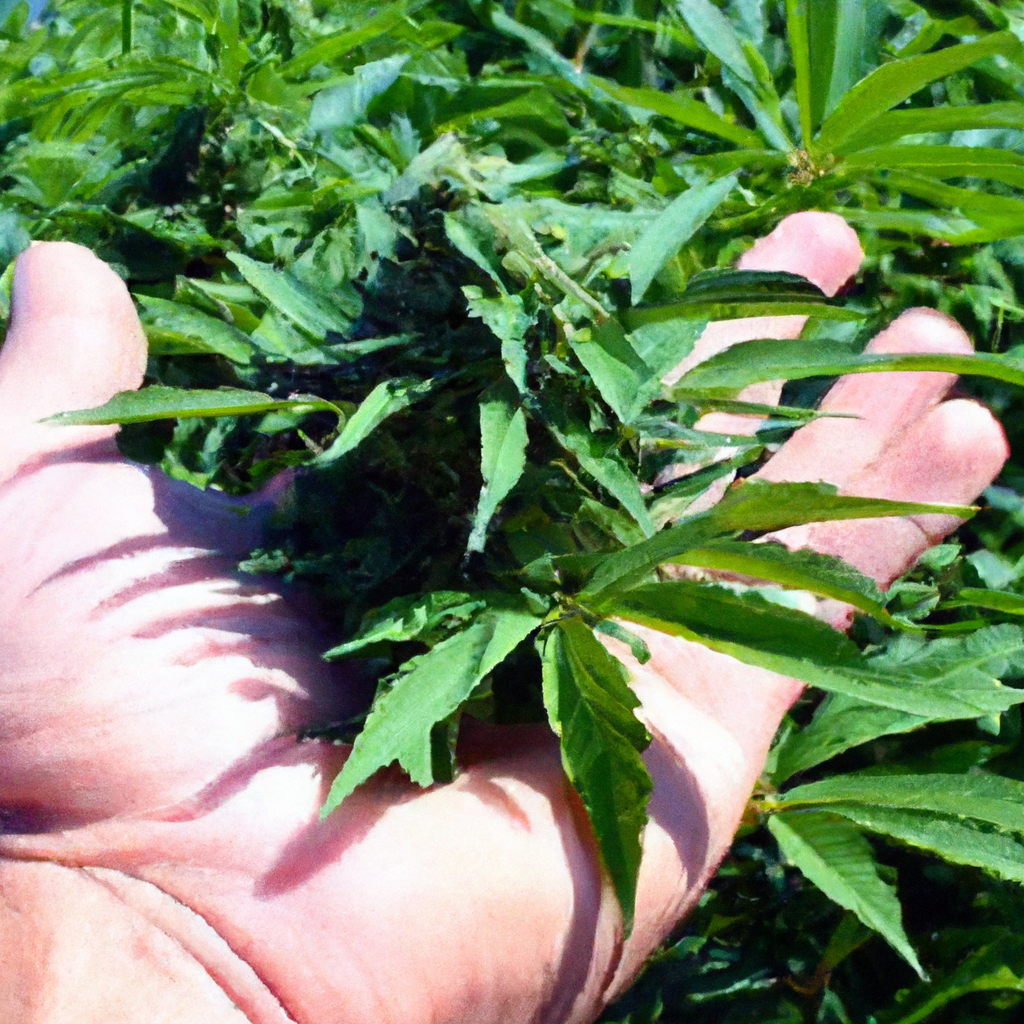
As demand for organic cannabis products grows, sustainable methods are key for enhancing yield and quality. This post highlights best practices in organic cannabis cultivation, including using natural fertilizers like compost, bone meal, and fish emulsion to promote healthier growth. It emphasizes building a healthy soil ecosystem through techniques such as enhancing soil biology and…
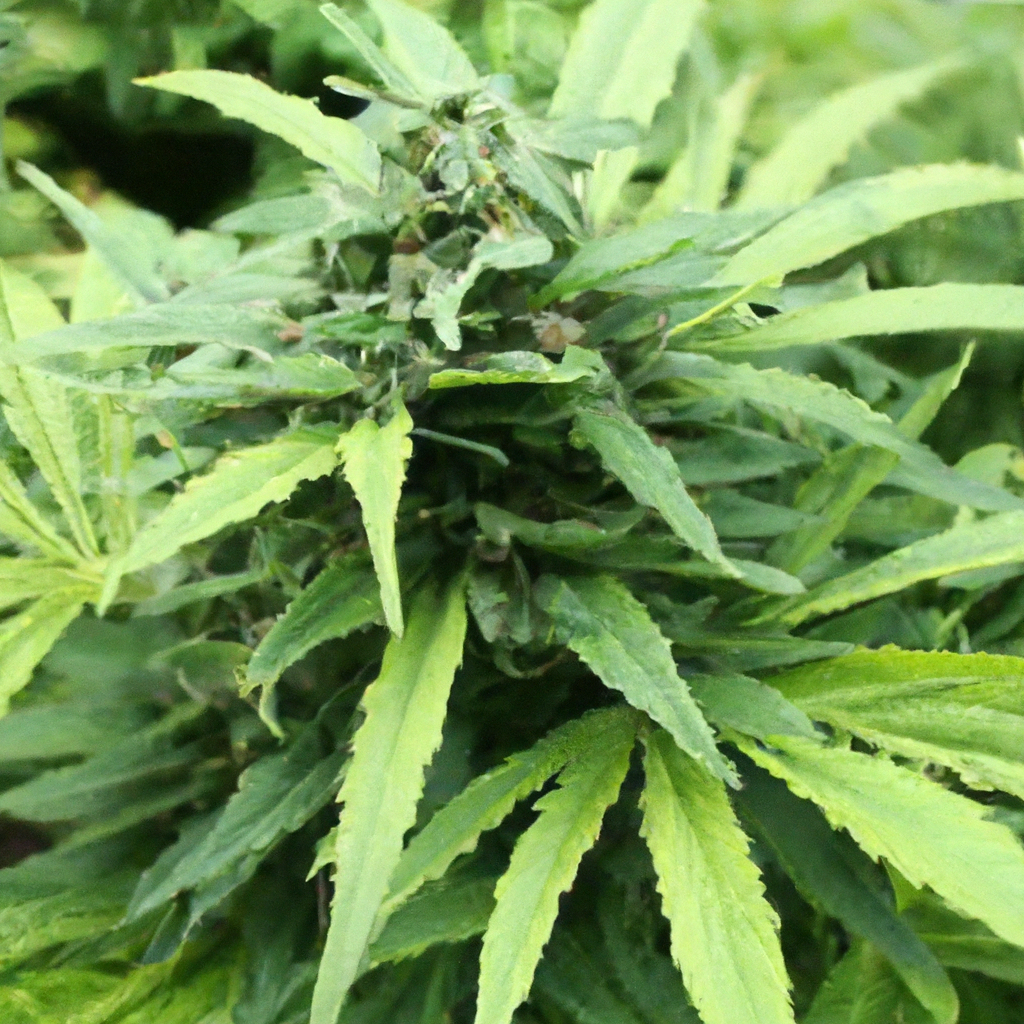
As interest in organic cannabis cultivation rises, cultivators are adopting environmentally sustainable practices by using natural methods over synthetic chemicals. This approach emphasizes enhancing soil health through natural fertilizers like compost and worm castings and fostering a thriving soil ecosystem with beneficial microbes and companion planting. Natural pest control methods, including neem oil and predatory…
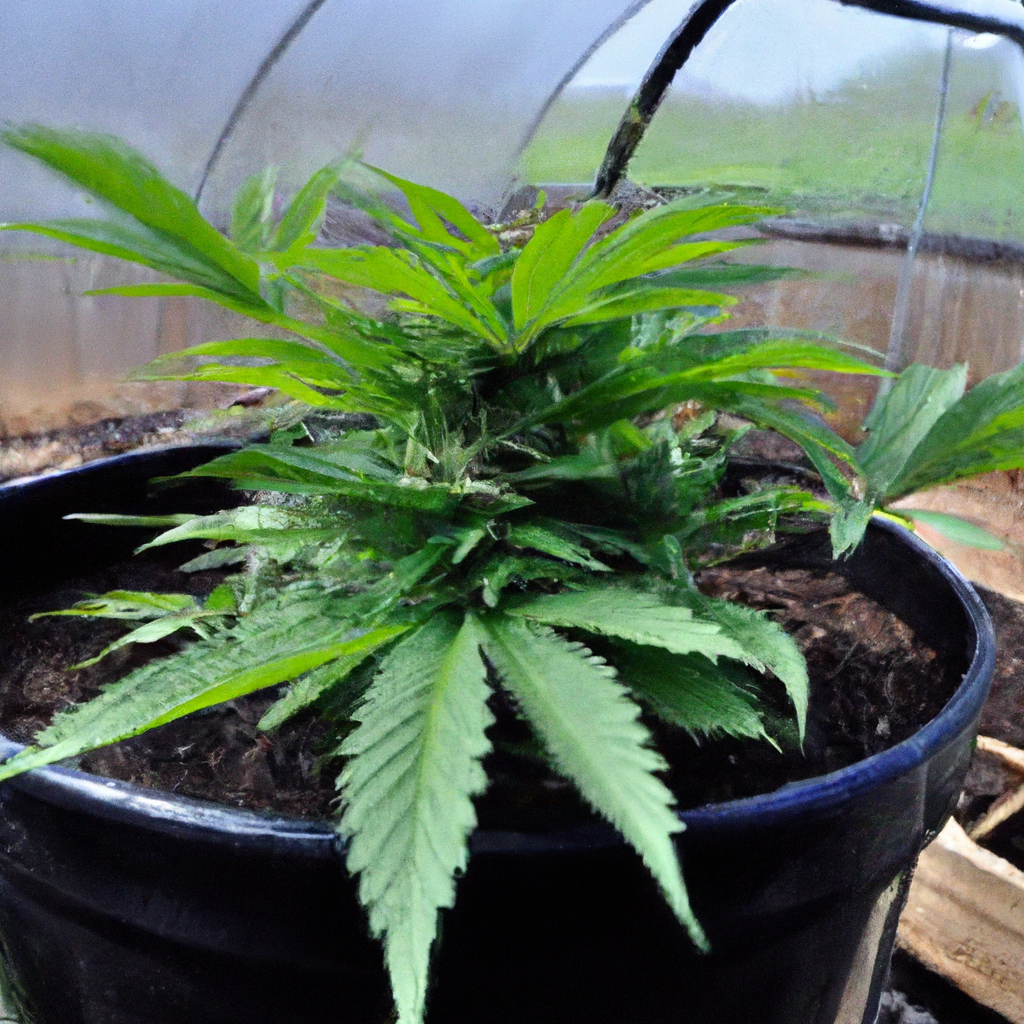
Organic cannabis cultivation offers a sustainable approach that benefits both the environment and consumers by reducing chemical use and enhancing plant quality. Key practices include building healthy soil ecosystems with compost, crop rotation, and cover crops; utilizing natural fertilizers like fish emulsion and bone meal; and managing pests with beneficial insects and companion planting. These…
